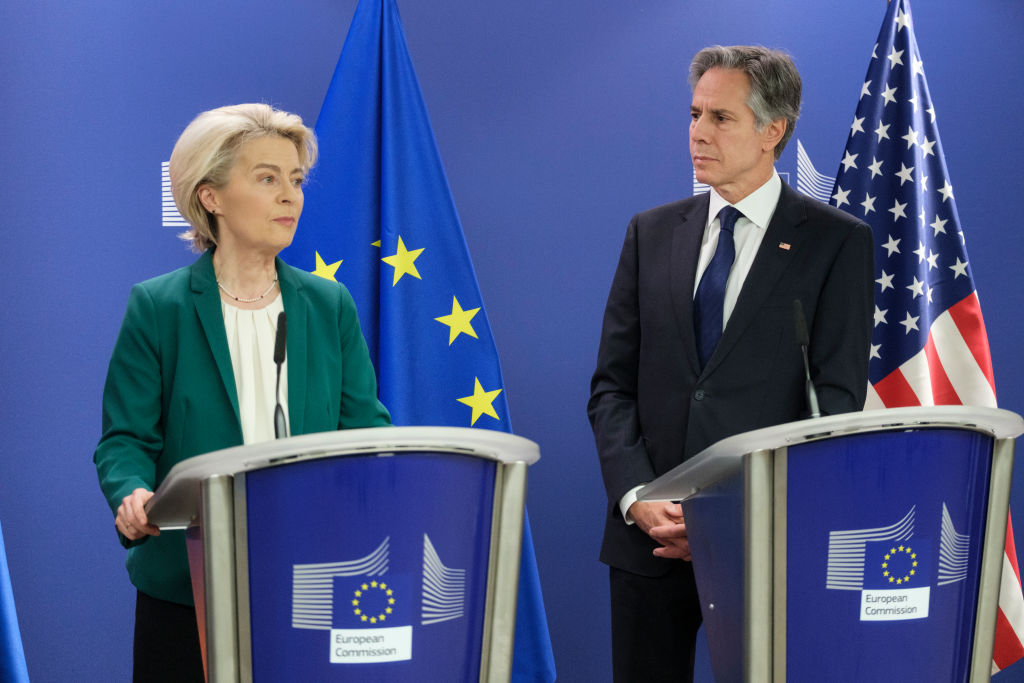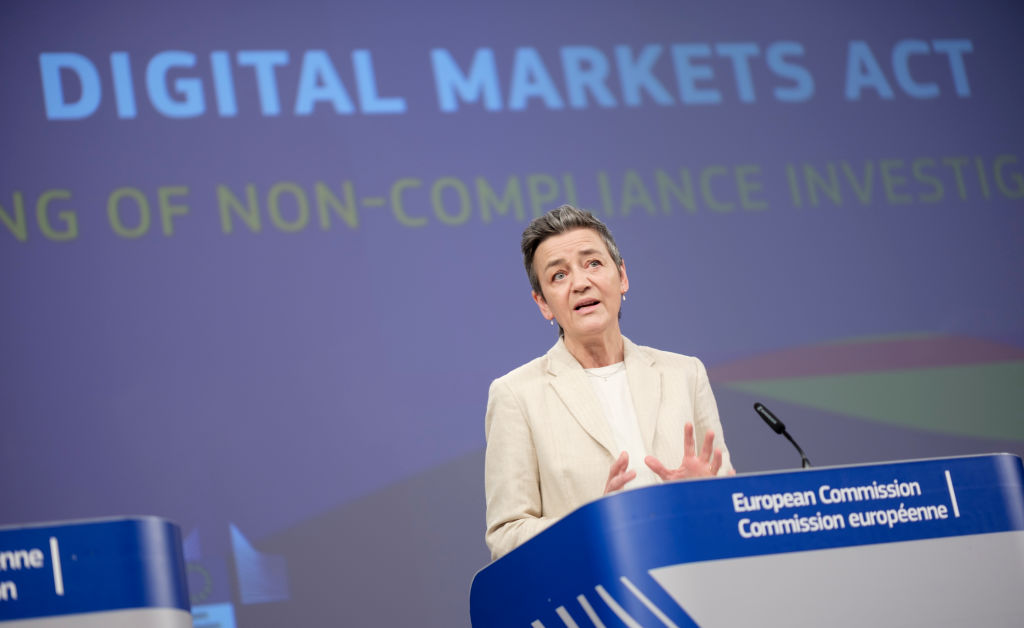A new bureaucratic office set up to help regulate AI will help boost the EU’s competitiveness in the sector, the European Commission has claimed.
The EC’s AI Office, which will be led by an unelected “Head of the AI Office”, was described as necessary for implementing the Artificial Intelligence Act, which greatly restricts how the technology can be developed within the European Union.
In a press release published on May 29, the EC said the new office employing 140 EU civil servants would be key in “fostering an innovative ecosystem by supporting regulatory sandboxes and real-world testing”.
“With the new AI Office and its 140 talented women and men, the Commission will have the necessary expertise to drive the implementation of the AI Act and to reinforce Europe’s role as a global standard-setter in AI,” said the EC’s self-styled “digital enforcer” Thierry Breton.
“The Office will foster a European AI ecosystem that is innovative, competitive and respectful of EU rules and values.”
French President Emmanuel Macron has vowed to make France the “undisputed leader in AI” in Europe. https://t.co/Rvvqd5UaEs
— Brussels Signal (@brusselssignal) May 23, 2024
The press release then went into detail on the importance of ensuring AI was developed in a way as to promote “European values”.
Such a goal, the EC believes, can be achieved through strict controls on AI innovation and implementation within the union.
Entrepreneurs within the bloc have expressed disappointment at the new rules, warning they would further reduce EU competitiveness in the sector.
“While the AI Act responds to a major challenge in terms of transparency and ethics, it nonetheless creates substantial obligations for all companies using or developing artificial intelligence,” Marianne Tordeux Bitker, a public affairs chief at pro-SME NGO France Digitale, said.
“We fear that the text will simply create additional regulatory barriers that will benefit American and Chinese competition, and reduce our opportunities for European AI champions to emerge.”
Other countries, such as the UK, have vowed to take a more hands-off approach to AI technology development, promising to control implementation rather than attempt to interfere with its evolution.
France must pump €5 billion into AI development a year for the next five years if it wants to be competitive at the international level, a Government report has found. https://t.co/DFaXDhIH1d
— Brussels Signal (@brusselssignal) March 14, 2024





